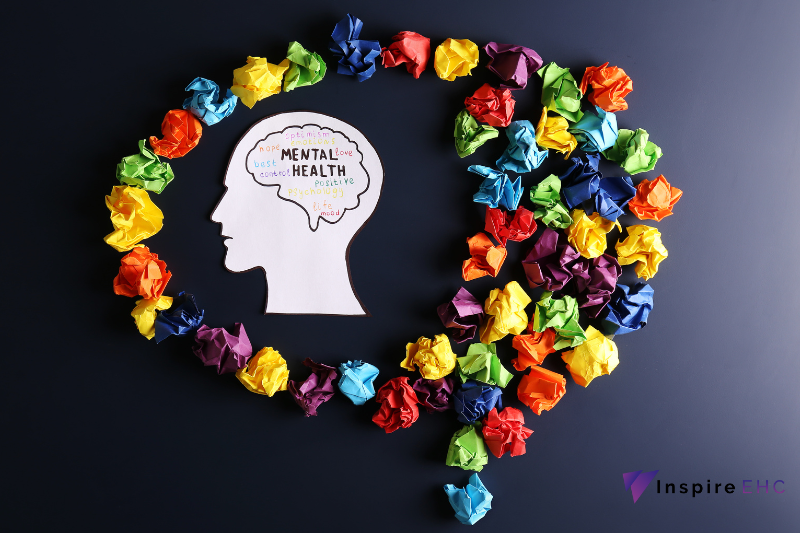Mental Health Awareness for Special Education Staff

Mental Health Awareness for Special Education Staff
As dedicated professionals working in special education, your commitment to supporting students with diverse needs is truly admirable. However, it is equally important to prioritise your own mental health and well-being.
Why Mental Health Matters
Working in special education can be incredibly rewarding, but it can also be emotionally demanding. Staff members often face high levels of stress, compassion fatigue, and burnout. Recognising and addressing mental health is essential not only for your wellbeing but also for providing the best support to your students.
Tips for Maintaining Mental Wellbeing
- Prioritise Self-Care: Make time for activities that rejuvenate you, whether it's exercise, hobbies, or simply rest.
- Set Boundaries: Establish clear boundaries to prevent burnout, including designated times for work and personal life.
- Seek Support: Reach out to colleagues, supervisors, or mental health professionals when feelings of overwhelm arise.
- Practice Mindfulness: Incorporate mindfulness or relaxation techniques into your daily routine to reduce stress.
- Celebrate Progress: Acknowledge and celebrate even small victories, both for yourself and your students.
Remember
Your mental health is vital. You cannot pour from an empty cup. By caring for yourself, you are better equipped to make a positive impact on your students' lives.
We should all be aiming to create a supportive environment where mental health is openly discussed and prioritised. Together, we can make a healthier, more resilient educational community.